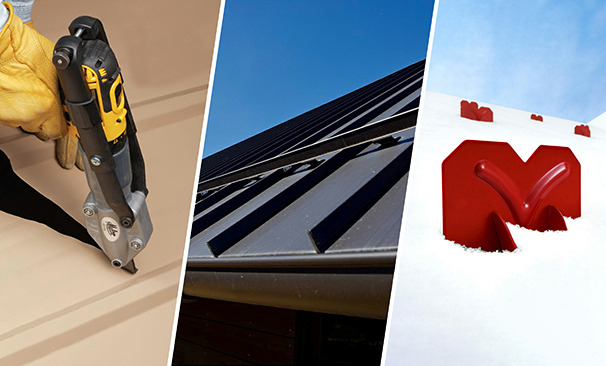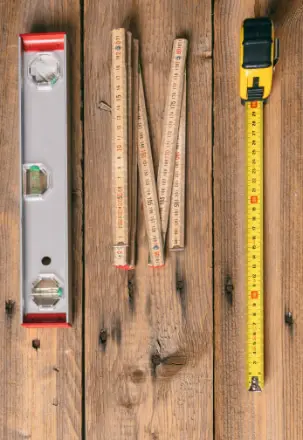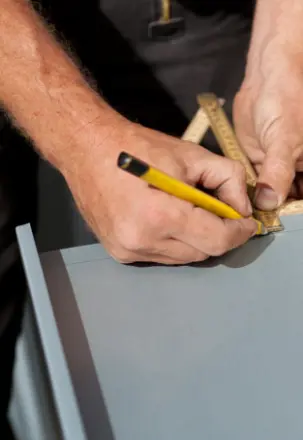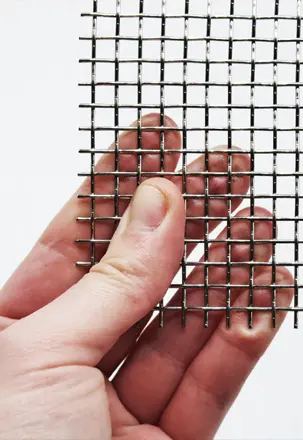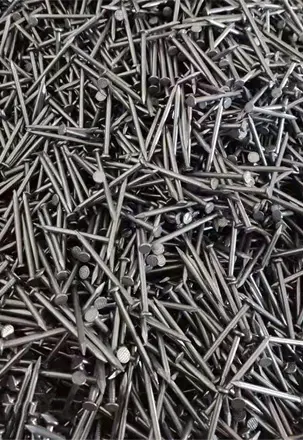Introduction: Understanding Stainless Steel Fasteners Standards
Stainless steel fasteners play a critical role in modern construction, machinery, automotive, and marine industries due to their high corrosion resistance, durability, and aesthetic appeal. However, selecting the right fasteners requires a thorough understanding of the applicable stainless steel fasteners standards, which define material grades, mechanical properties, dimensions, testing methods, and compliance requirements.
These standards are essential for ensuring that fasteners meet both safety and performance requirements in various applications. Whether you are an importer, exporter, manufacturer, or end-user, knowing these standards can help you make informed decisions, reduce risks, and ensure long-term reliability.
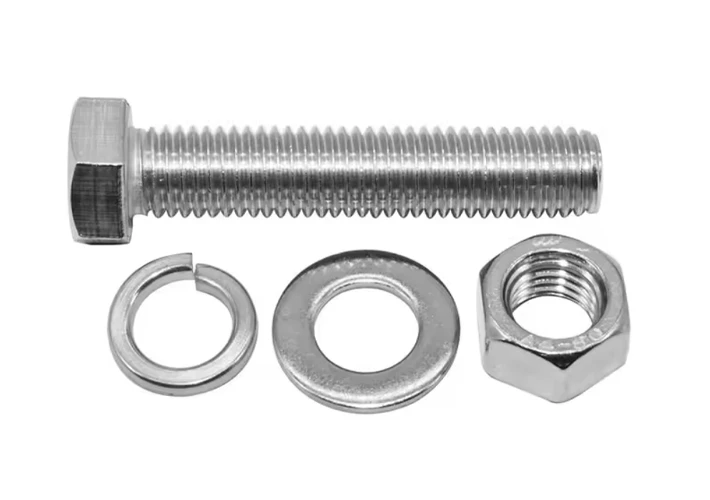
Overview of Stainless Steel Fasteners
Stainless steel fasteners include screws, bolts, nuts, washers, and studs used in multiple industries. They are preferred over carbon steel or other metals because they resist rust, corrosion, and extreme environmental conditions.
Common types include:
- Hex bolts and screws: Widely used in construction and machinery.
- Socket head cap screws: Ideal for high-strength applications.
- Machine screws and set screws: Used for precision engineering.
- Nuts and washers: Complement bolts to secure joints.
The performance and quality of these fasteners are strictly determined by international and regional standards, which help manufacturers, suppliers, and buyers ensure consistency and safety.
Key Stainless Steel Grades and Their Standards
Stainless steel fasteners come in various grades that determine their chemical composition, mechanical strength, and corrosion resistance. The most common grades include:
Austenitic Stainless Steel (300 Series)
- Includes grades 304 and 316.
- Excellent corrosion resistance, especially in marine environments (316 is highly resistant to chloride-induced corrosion).
- Non-magnetic and highly ductile.
- Standard: ASTM A193, ASTM A194, ISO 3506
Martensitic Stainless Steel (400 Series)
- Includes grades 410 and 420.
- Higher strength, moderate corrosion resistance.
- Magnetic and can be hardened by heat treatment.
- Standard: ASTM A582, ISO 3506
Duplex Stainless Steel
- Combines austenitic and ferritic structures for high strength and corrosion resistance.
- Ideal for chemical plants and offshore applications.
- Standard: ASTM A182, ISO 3506
Tip for Buyers: Always verify the material grade specified in purchase orders and ensure that it aligns with the intended application. Misidentifying grades can lead to early corrosion or mechanical failure.
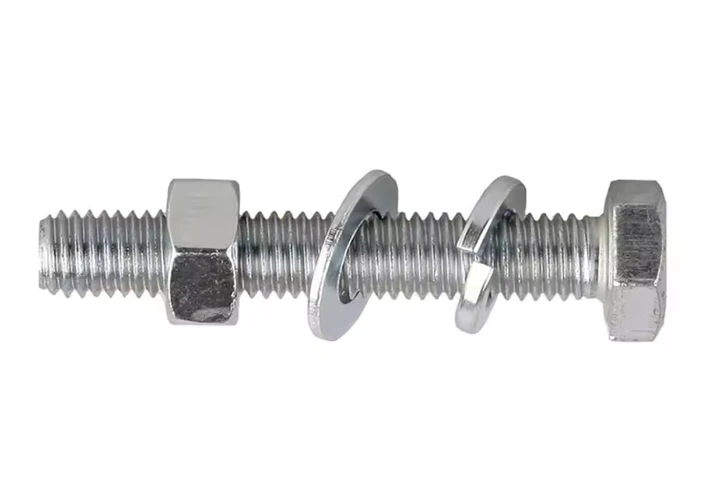
International Standards for Stainless Steel Fasteners
Several organizations set the standards for stainless steel fasteners to ensure global consistency:
ASTM (American Society for Testing and Materials)
Widely used in the US and globally.
Key standards:
- ASTM A193: Alloy steel and stainless steel bolts for high-temperature or high-pressure applications.
- ASTM A194: Stainless steel nuts for high-pressure service.
- ASTM A276: Stainless steel bars and shapes used in fasteners.
ISO (International Organization for Standardization)
Sets global specifications for stainless steel fasteners.
Important standards:
- ISO 3506: Mechanical properties of corrosion-resistant stainless steel fasteners.
- ISO 898-1: Mechanical properties of bolts, screws, and studs.
DIN (Deutsches Institut für Normung, Germany)
German standards widely adopted in Europe and Asia.
Example: DIN 931/933 for hex bolts, DIN 934 for hex nuts.
JIS (Japanese Industrial Standards)
Standards for fasteners used in Japan and Southeast Asia.
Example: JIS B 1180: Mechanical properties of stainless steel bolts and screws.
Note: Compliance with international standards is crucial for exports and industrial procurement, as many clients require certification for ASTM, ISO, or DIN standards.
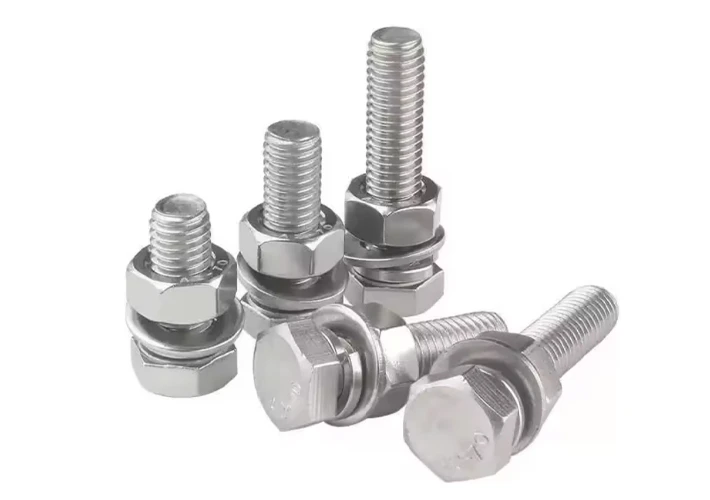
Mechanical Properties and Testing Standards
To ensure stainless steel fasteners perform reliably, manufacturers follow strict testing protocols:
Tensile Strength: Indicates the maximum load the fastener can withstand before breaking.
Yield Strength: Shows the stress level at which permanent deformation occurs.
Hardness Testing: Measures resistance to indentation or wear.
Corrosion Resistance Tests: Salt spray testing (ASTM B117) is common for simulating long-term corrosion.
Dimensional Accuracy: Thread pitch, diameter, and length must comply with ISO or ANSI standards.
These tests guarantee that fasteners can withstand operational stresses, environmental conditions, and mechanical loads.
Common Applications and Compliance Considerations
Stainless steel fasteners are used in industries such as:
- Construction: Bridges, buildings, and infrastructure projects.
- Automotive: Engine components, chassis, and exhaust systems.
- Marine: Ships, offshore platforms, and docks.
- Industrial Equipment: Valves, pumps, and chemical plants.
Compliance Considerations:
- Always request certificates of compliance (CoC) or material test reports (MTR) from suppliers.
- Check for international standard marks (ISO, ASTM, DIN) on fasteners, especially for critical applications.
- For marine and chemical environments, prefer 316 or duplex stainless steel due to higher corrosion resistance.
How to Choose the Right Stainless Steel Fasteners
When selecting fasteners, consider:
Application environment: Outdoor, marine, chemical exposure.
Mechanical requirements: Load, vibration, and thermal stress.
Size and thread type: Metric vs imperial.
Standards compliance: ASTM, ISO, DIN, or JIS depending on the client or market.
Supplier credibility: Work with certified manufacturers to ensure material quality.
Pro Tip: Working directly with reputable manufacturers can reduce lead time, lower costs, and ensure strict adherence to standards.
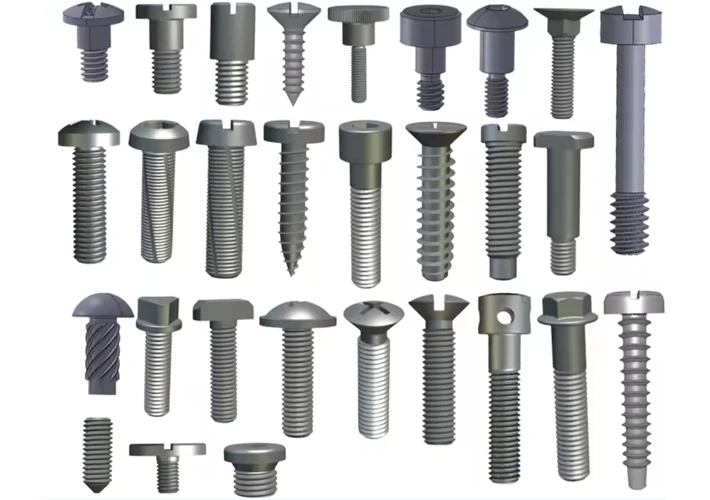
Leading Stainless Steel Fastener Manufacturers and Suppliers
For B2B buyers, partnering with reliable manufacturers ensures quality, consistent supply, and certification compliance. Some globally recognized suppliers include:
RoofGlory (China, Shandong) – Specializes in high-grade 304, 316, and duplex fasteners for export. Offers ISO and ASTM certified products.
Bossard (Switzerland) – Focuses on engineering and industrial fasteners with advanced quality control.
Bulten (Sweden) – Automotive and industrial fasteners manufacturer.
SFS Group (Switzerland) – High-precision fasteners for industrial machinery and construction.
Screw Products Ltd. (India) – ISO certified stainless steel fasteners with competitive pricing.
Partnering with certified suppliers ensures adherence to international stainless steel fasteners standards and reliable delivery.
Conclusion: Ensuring Compliance and Quality
Understanding stainless steel fasteners standards is essential for engineers, procurement managers, and importers. Compliance with ASTM, ISO, DIN, and JIS standards ensures safety, durability, and global market acceptance. By selecting the right grades, testing protocols, and certified suppliers, businesses can secure high-performance fasteners for critical applications.
If you are looking for high-quality stainless steel fasteners compliant with ASTM and ISO standards, RoofGlory offers a complete range of 304, 316, and duplex fasteners. Contact us today for certified products, samples, and bulk pricing!


